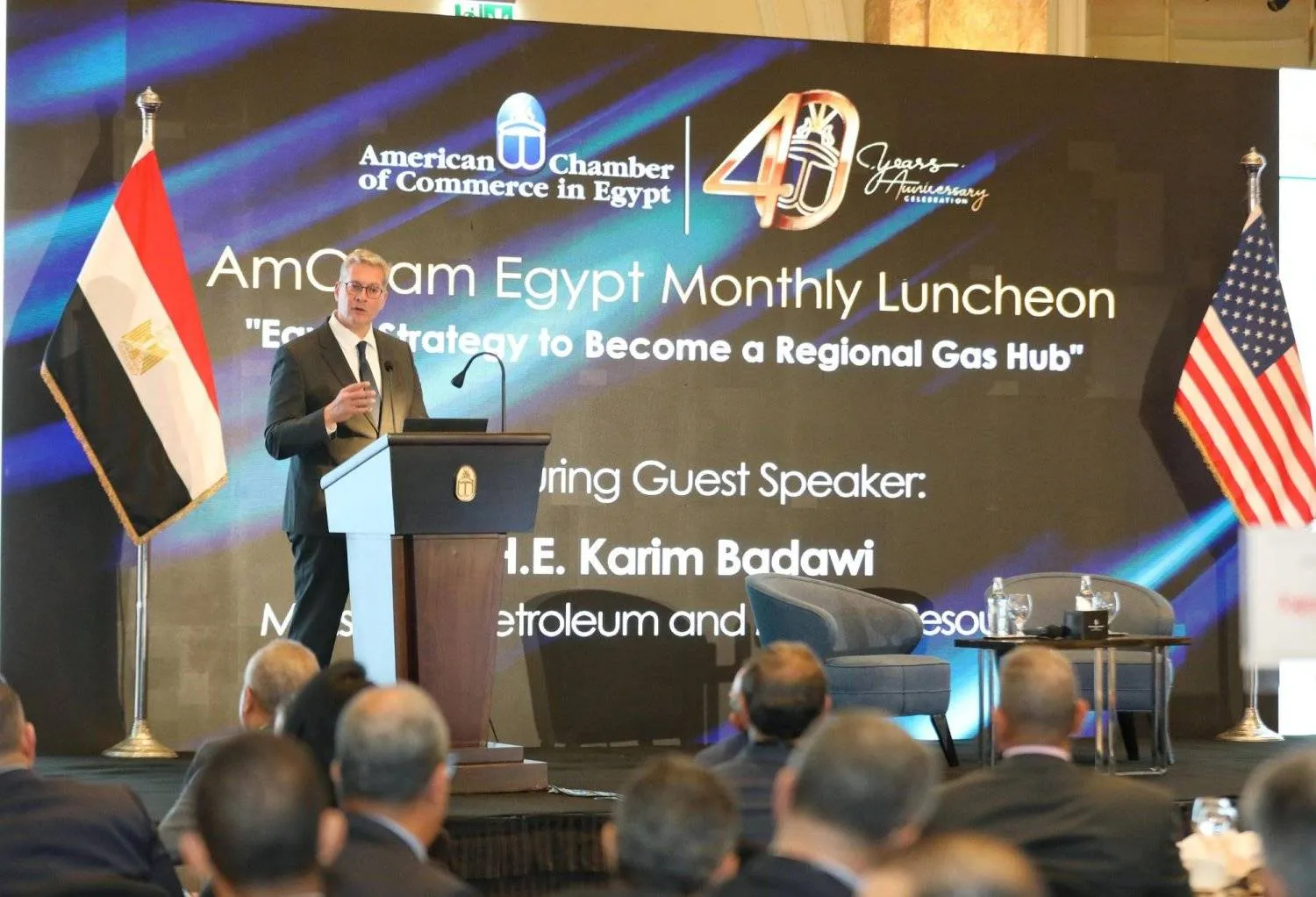Egypt’s Petroleum Minister Karim Badawi announced that his country had increased gas production between July and October 2024, with an extra 200 million cubic feet of gas and 39,000 barrels of crude oil per day.
Speaking at an American Chamber of Commerce event in Cairo, Badawi said the Ministry's strategy to address challenges and speed up development, production, and exploration is showing positive results, with early indicators confirming this progress.
Badawi explained that the Ministry is working to attract more investments in the oil and gas sector, both local and international, to meet domestic demand and reduce import costs.
He also noted efforts to regularly settle payments to foreign partners, offer incentives to boost production, and implement pricing reforms, as well as creating new investment opportunities and working with global partners to cut production costs.
Key developments include the resumption of drilling next month at the Zohr gas field, with two new wells expected to add 220 million cubic feet of gas per day. Gas production at the Raven field in the Mediterranean will also be accelerated in January 2025 with additional investment from BP.
Shell has completed the installation of two new wells in the West Delta, with a third set to follow next month. Agiba Petroleum is speeding up work in the Western Desert, and Apache Corporation is helping to increase gas production in the area.
Looking ahead, Badawi outlined plans to further accelerate production and exploration and improve refining capacity, especially at the expanded Midor refinery.









